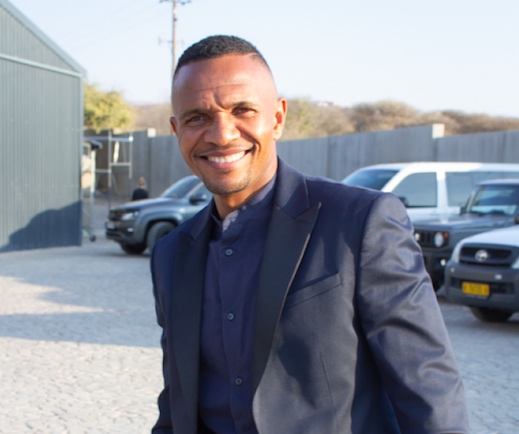NEW YORK – Emboldened with low-cost video equipment, young Africans are inspiring the continent’s cinema with momentum not seen since the 1960s independence movements, says the director of the New York African Film Festival.
Mahen Bonetti said the growth of African movies, inspired by the success of Nigeria’s booming film industry known as ‘Nollywood’, has enabled countries like Kenya, Ethiopia and Rwanda to jump-start their own movie industries.Nigeria’s US$450 million movie industry is the third biggest in the world, after America’s Hollywood and India’s Bollywood.The festival, which will be held May 22-25 at the Brooklyn Academy of Music, is a showcase for movies from across the continent.This year’s festival includes Kenyan filmmaker Lupita Nyong’o’s ‘In My Genes’, about the stigma surrounding albinism, and Cameroon director Josephine Ndagnou’s ‘Paris or Nothing’, about a young woman who moves to Paris.Four short films, made by members of a collective called ‘Filmmakers Against Racism’, explore the xenophobic violence that erupted in South Africa last summer.’It’s a rebirth,’ Bonetti (52) told Reuters. ‘These young filmmakers can buy their own computer, their own camera. And can even edit at home, right there on the continent. It’s giving them a lot of autonomy.’While several African directors – notably the late Ousmane Sembene of Senegal, regarded as the father of the continent’s cinema – are well-known, Bonetti says most of the movies about the continent have relied on stereotypical portrayals.African directors have struggled to build on Sembene’s success, which began in the mid-1960s, in part because civil war and turmoil cut short the cultural flourishing that came with the end of colonial rule, Bonetti said.African directors relied largely on European funders to make films, limiting what they could produce, she said. But the arrival of cheap equipment and widely available editing software has changed that.’This video phenomenon, in a sense, is the answer for the industry itself,’ said Bonetti. ‘This homespun video production that has become a model for different countries to create, to jump-start their own industries. We don’t need to look outside.’FROZEN IN TIMEBonetti, who grew up in Sierra Leone during the 1960s, describes herself as being ‘frozen’ in that time. Her parents were active in politics and, after independence in 1961, her uncle, Milton Margai, was the country’s first prime minister.Bonetti left Sierra Leone and eventually followed two of her siblings to New York in 1980.’There was a sort of interruption in our growth purpose,’ Bonetti said of African artists after the 1960s. ‘This 35-year gap that has seen so much turmoil and crises taking place on our continent … has run its course.’She launched the festival in 1993 with the help of Richard Pena of the Film Society of Lincoln Centre and sponsorship from the Ford Foundation. She is not a filmmaker and has no academic training in films.’Everyone was talking about Africa, but I felt there was no African voice there. I mean, come on, someone has got to ask us about how we feel about what is going on. That was really the driving force to start the festival,’ Bonetti said.The festival has helped launch a new generation of African filmmakers – including Abderrahmane Sissako, whose 2006 film ‘Bamako’ won critical praise, and documentary-maker Jean-Marie Teno – that aims to ‘reclaim and rewrite our own history,’ Bonetti said.’The camera is like a weapon,’ she said. ‘Now that (Africans) have the camera in our hands, we are telling our stories, whether good or bad. We have the camera.’- Nampa-Reuters
Stay informed with The Namibian – your source for credible journalism. Get in-depth reporting and opinions for
only N$85 a month. Invest in journalism, invest in democracy –
Subscribe Now!









